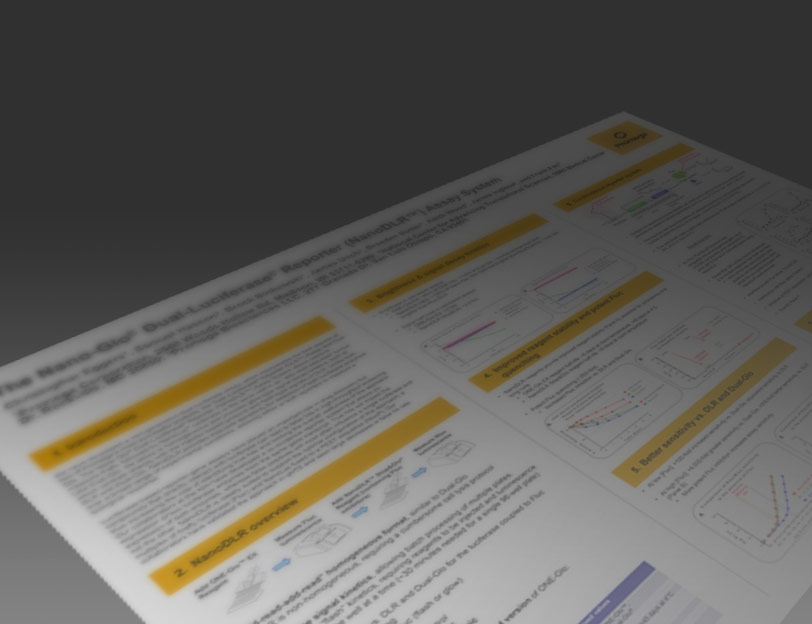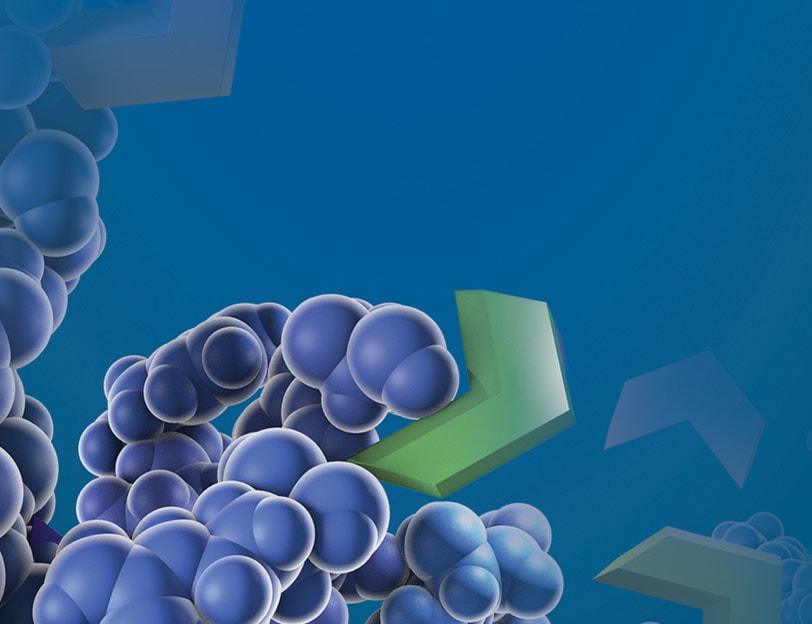Proteases
Proteases, also known as proteolytic enzymes or proteinases, are a broad group of enzymes that play a crucial role in numerous biological processes by breaking down proteins. They achieve this by cleaving the peptide bonds between amino acids, a process that is essential for various functions such as digestion, cell signaling, regulation of the cell cycle, and the immune response. Proteases are highly specific in their action, targeting proteins for cleavage at specific sites, which allows for precise regulation of protein function and turnover in living organisms. They are found across all domains of life, highlighting their fundamental importance in both health and disease.
Proteins are generally digested with proteases to generate peptides for mass spectrometry analysis followed by sequencing (tandem MS). We offer a range of proteases qualified for use in mass spectrometry sample prep. Available proteases for optimal digestion of proteins in mass spectrometry include Trypsin, Trypsin/Lys-C, rLys-C, Lys-C, Arg-C, rAsp-N and more. We also offer ProteaseMAX™ Surfactant for improved in-gel digestion and protein solubilization.
Filter By
Shop all Proteases for Mass Spectrometry
Showing 26 of 26 Products
Using Proteases for Mass Spectrometry Sample Prep
The use of proteases in Mass Spectrometry (Mass Spec or MS) sample prep is a fundamental step that significantly contributes to our understanding of protein structure, function, and interactions. Proteases enable the digestion of proteins into manageable fragments, rendering the complex protein samples into smaller peptides that are amenable to MS analysis. This proteolytic cleavage enhances the depth and accuracy of proteomic studies. Thus, proteases play a crucial role in sample preparation needed for the bottom-up proteomics approach.
Among various proteases used in MS sample prep, trypsin is the most commonly used because it cleaves at the carboxyl side of lysine (K) and arginine (R) residues, leading to highly predictable and reproducible peptide fragments. The Lys-C protease (specific to lysine) and Arg-C protease (specific to arginine), can be used alone or in tandem with trypsin to reduce missed cleavages and improve protein coverage.
Non-specific proteases, such as pepsin and elastase, enhance the toolkit for MS sample preparation. Pepsin, known for its ability to cleave at various sites, is frequently used in Hydrogen-Deuterium Exchange Mass Spectrometry (HDX-MS). Elastase targets smaller amino acids like glycine and alanine, allowing analysis of samples that may not respond well to more specific proteases. These enzymes facilitate a more comprehensive analysis by accommodating samples resistant to targeted cleavage.
The combination of specific and non-specific proteases tailors the digestion process to the unique requirements of each MS analysis, ensuring comprehensive coverage of the proteome under investigation.



